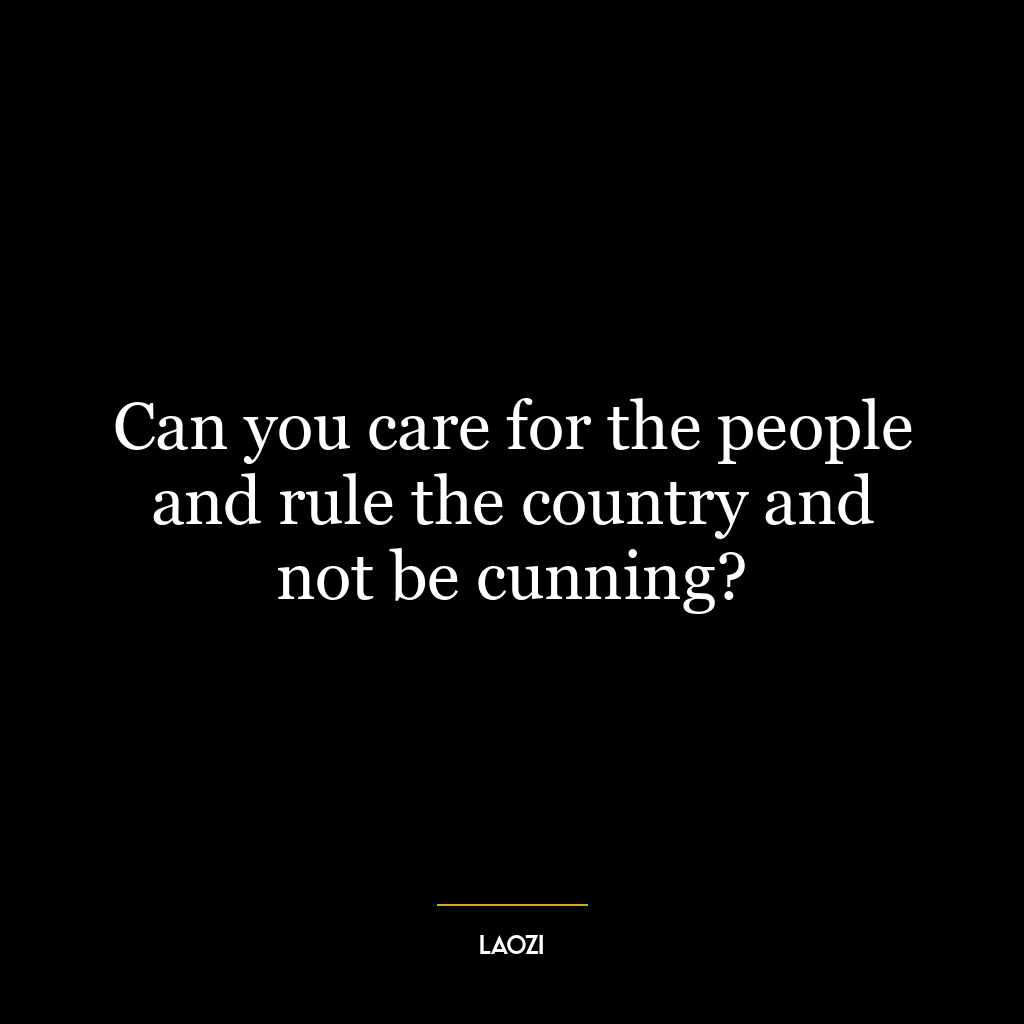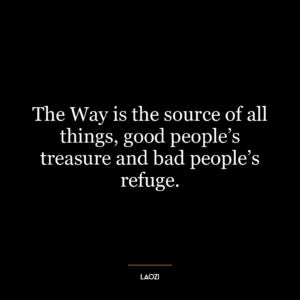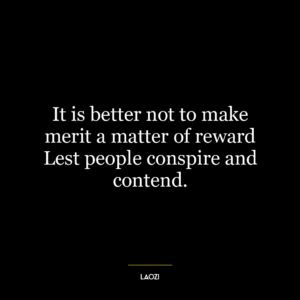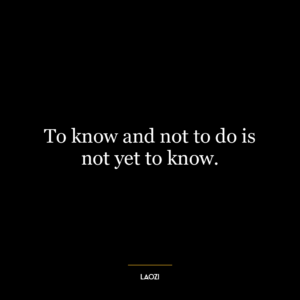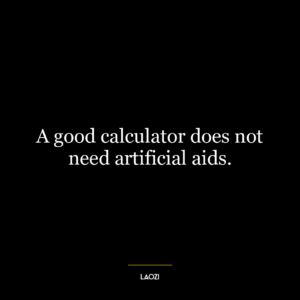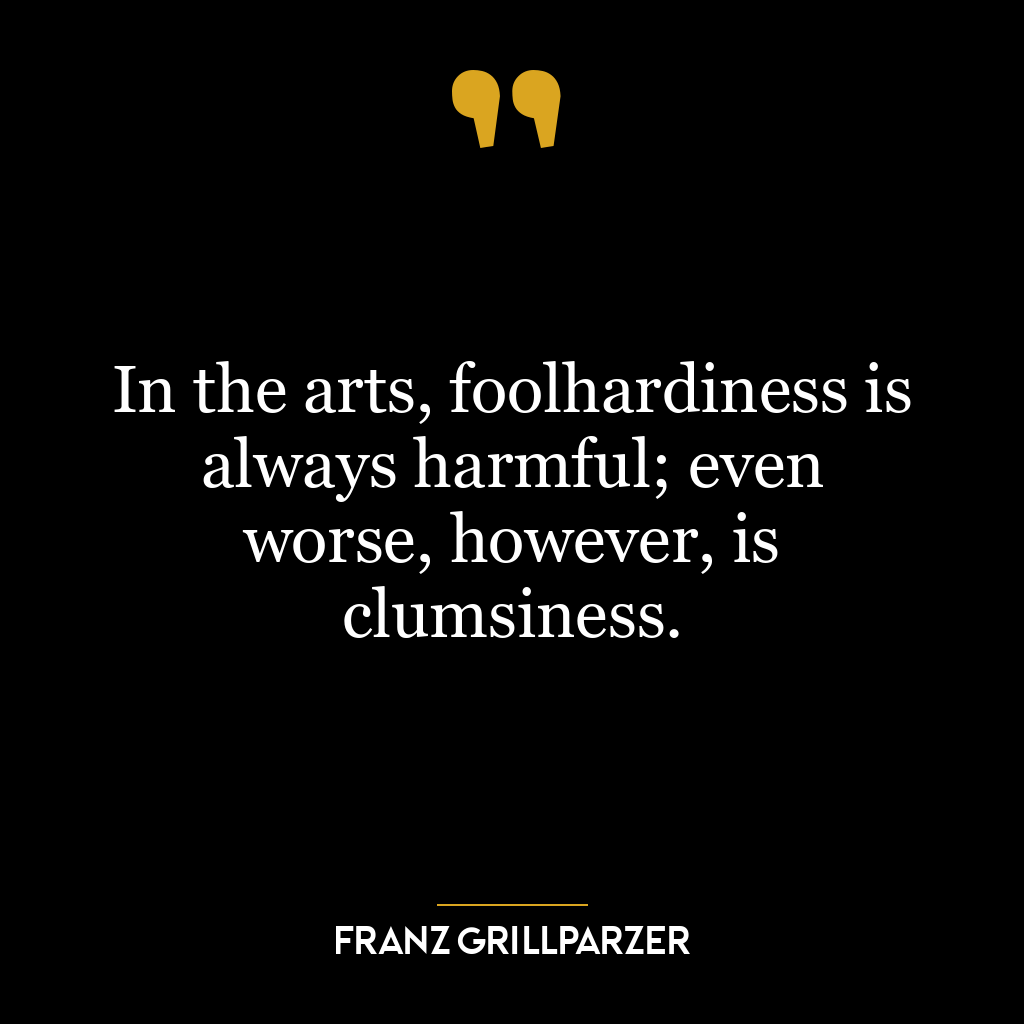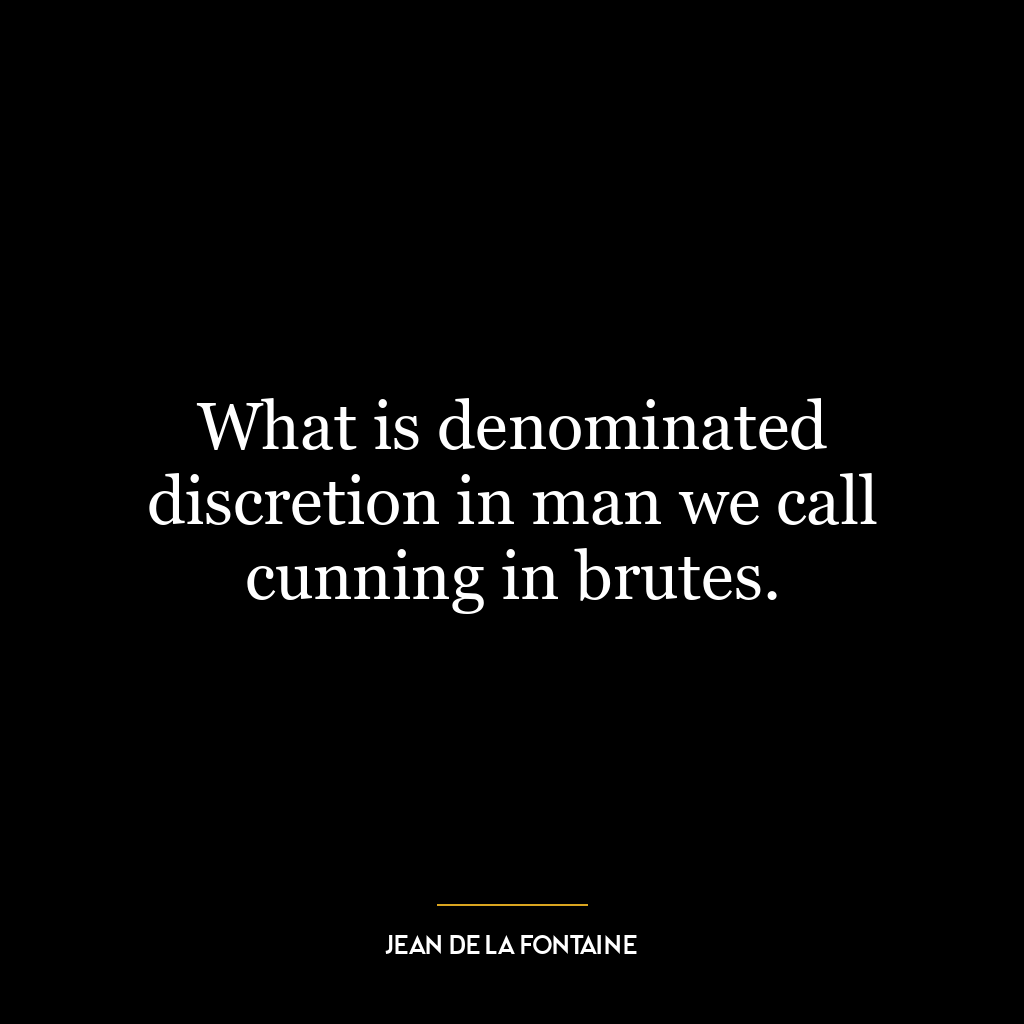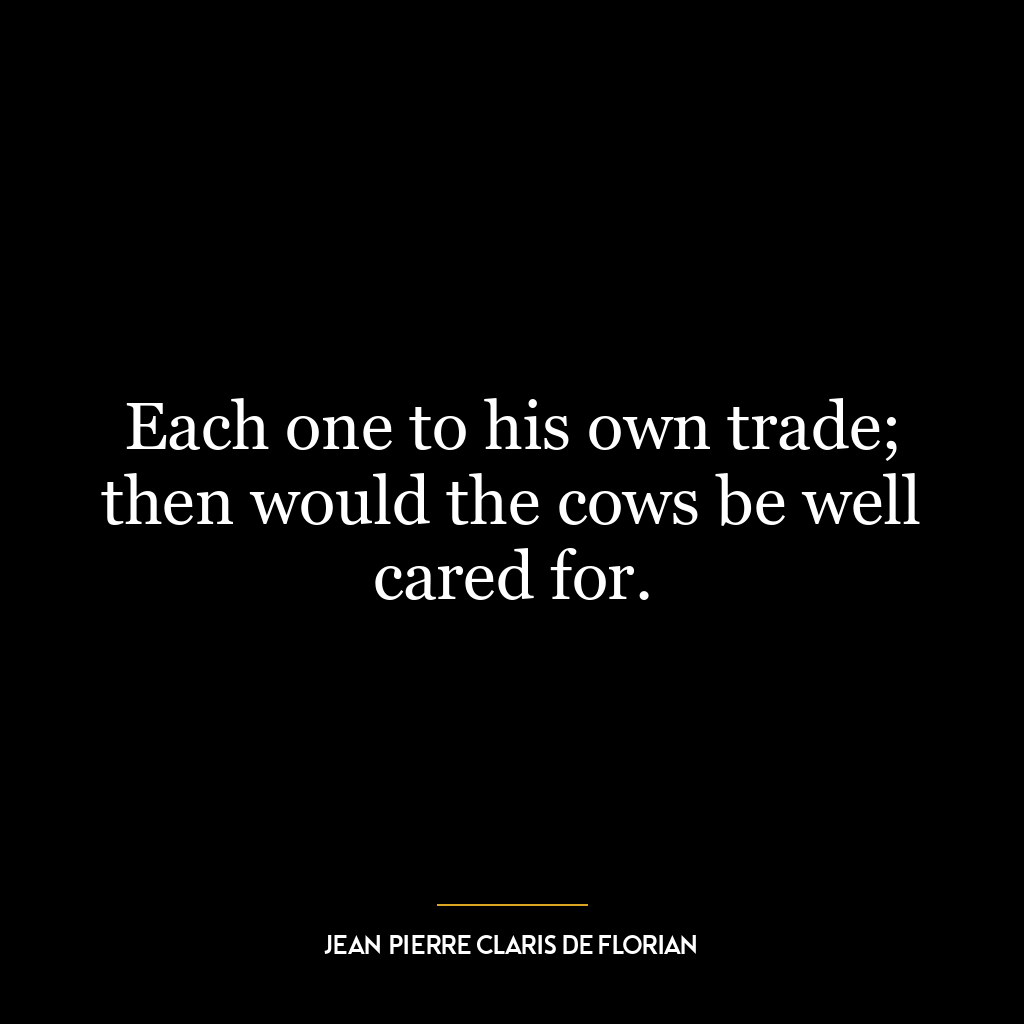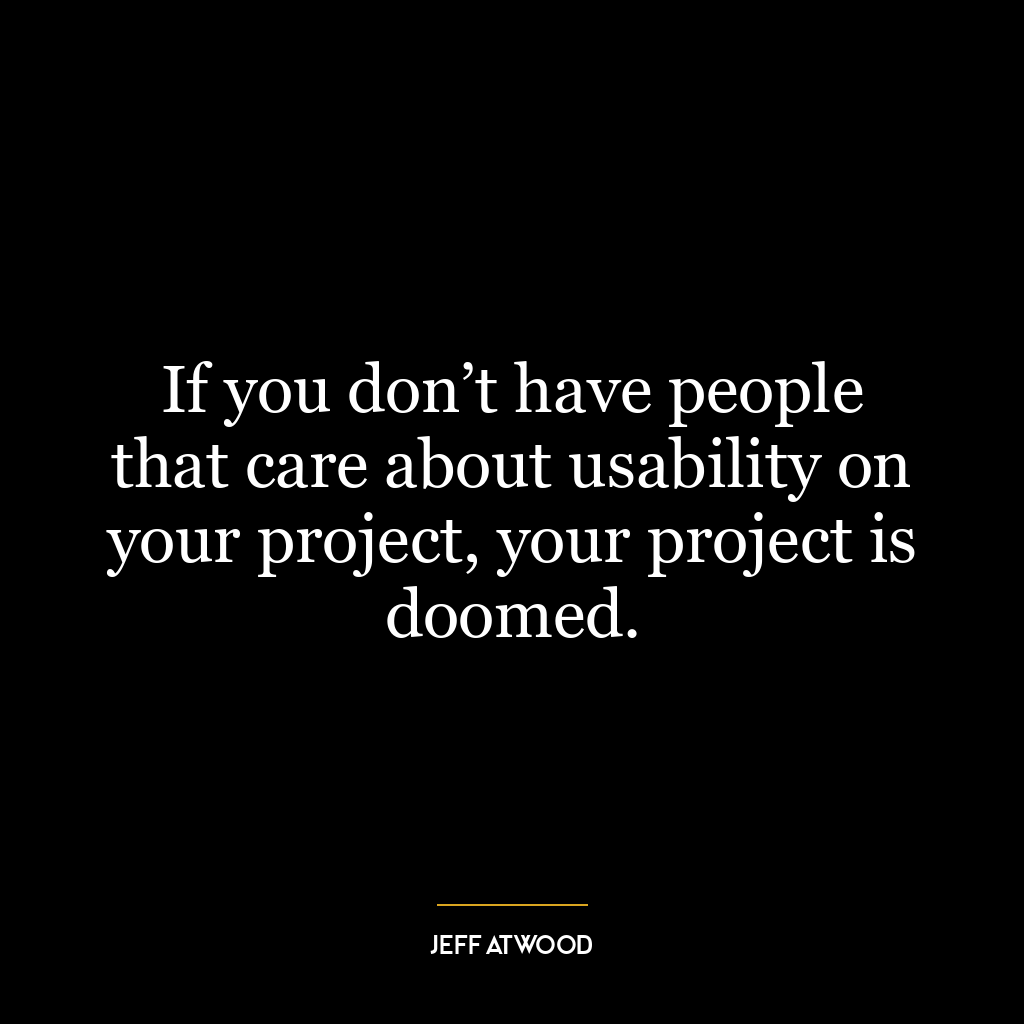This quote by Laozi, a renowned ancient Chinese philosopher, is a profound inquiry into the nature of leadership and governance. It challenges the common perception that cunning, manipulation, and deceit are necessary tools for ruling and leading people. Laozi’s question is an invitation to explore a different kind of leadership, one that is based on genuine care for the people, respect for their rights and dignity, and a commitment to the common good rather than personal gain.
The quote suggests that true leadership should not involve cunning or manipulation, but rather genuine care and concern for those being led. It’s a call for leaders to be transparent, honest, and straightforward. It implies that when leaders are sincere in their intentions and actions, they can effectively govern without resorting to deceit or cunning strategies.
In today’s world, this quote is particularly relevant considering the widespread distrust in political leaders and institutions. It encourages leaders to prioritize the welfare of their people and make decisions that genuinely benefit the community, rather than advancing their personal interests or political agendas.
In terms of personal development, this quote can be interpreted as a reminder to lead our lives with integrity and authenticity. It’s a call to treat others with respect and kindness, and to make decisions based on what is genuinely good and beneficial, rather than what is merely convenient or advantageous for us. It challenges us to reject cunning and deceit in our interactions with others, and instead, to cultivate honesty, transparency, and a genuine concern for the welfare of others. In this way, the quote encourages us to develop a more ethical and compassionate approach to life and relationships.

